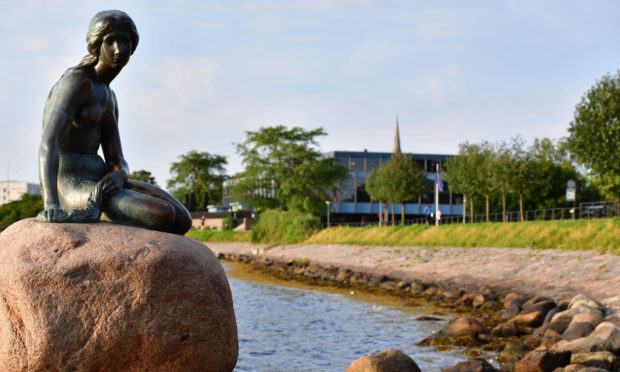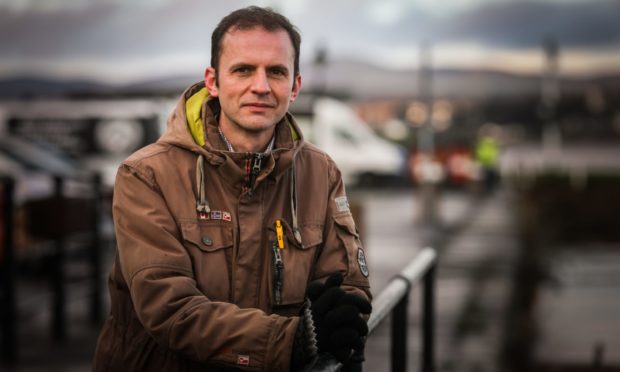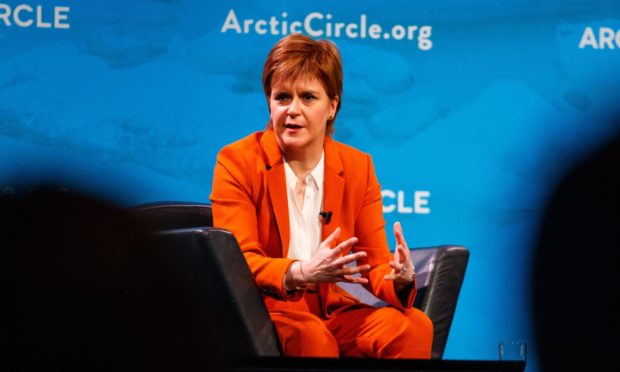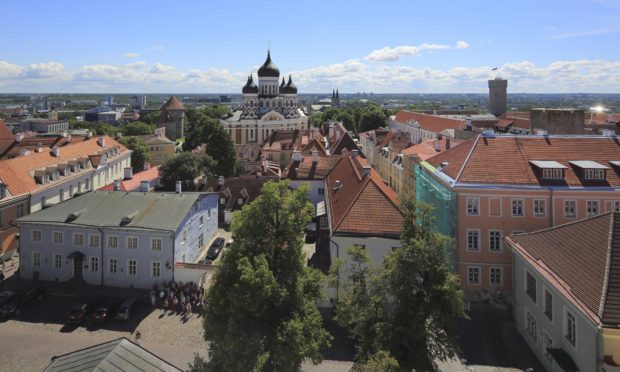A new ‘Scotland House’ hub would bring government offices, private industry, and the public sector together under one roof in the Danish capital, as the SNP aims to burnish Scotland’s foreign policy reach.
The Scottish Government already has a modest presence in Copenhagen via the Scottish Trade International office embedded with the British Embassy, but a new Scotland House would mark a significant expansion of Scotland’s official footprint in the Nordic and Baltic region.
The Scottish Government says “no final decision has been made” on opening any new overseas offices; however, an announcement is expected after May’s election and it is understood the SNP’s manifesto will feature a prominent pledge to sharpen the government’s diplomatic focus, with more resources also being earmarked for the Scotland House in Brussels.
“We will consider any future expansion, including any enhanced Scottish presence in the Nordic countries, in line with wider government priorities. Copenhagen is one option for future investment,” the Scottish Government says.
‘Scottish Government has its work cut out’
The location of Copenhagen as the site of the next Scotland House is revealed in an upcoming book by former SNP MP Stephen Gethins. His book, Nation to Nation: Scotland’s Place in the World, is published this month by Luath Press and examines Scotland’s role on the international stage through interviews with politicians, academics and foreign policy experts.
“Scotland has always had close ties to our Nordic and Baltic neighbours. Throughout history they have been close politically and economically and remain important, not least across Tayside and Fife where the ties remain close even to this day,” says Gethins, who is currently a Professor of Practice at the School of International Relations at St Andrews University.
“With the UK having left the European Union the Scottish Government has its work cut out in maintaining these relationships now we no longer have the connections that our neighbours enjoy in the European institutions.
“Opening a new centre in Copenhagen is a sensible move that will help consolidate links with these neighbours and close European partners that will help our businesses, universities and the cultural sector among others.”
Forging links with the North
Plans to open a new Scotland House in Denmark are the latest steps in the Scottish Government’s ongoing policy of engagement with the near and high-north that goes beyond a shared notion of place or cultural history, and extends towards more concrete policies such as adopting the baby box concept first pioneered in Finland more than 80 years ago.
Political contacts have increased too in recent years, with first minister Nicola Sturgeon giving a keynote speech at the Arctic Circle Assembly in Reykjavik in 2016 and 2017; while Iceland’s prime minister, Katrín Jakobsdóttir, visited Edinburgh for talks in spring 2019.
The Scottish Government’s All Points North policy paper, published in 2017, also set out a vision for deepening ties with Nordic and Baltic countries. Although foreign affairs is a matter reserved to Westminster, there’s still plenty of wiggle room for the Scottish government to set up a de facto embassy network and foreign policy goals, establishing bilateral contacts with governments and regional organisations like the Arctic Council or Nordic Council of Ministers.
“Being a small nation looking to position itself in global politics, I think it makes geographical sense to look to the Nordics for partnership. What is more Sweden, Finland and Denmark are members of the EU so I guess it would help Scotland to build a close relationship with small states within the EU, should the day come when it seeks to rejoin the Union,” says Annika Bergman Rosamond, an associate professor in the political science department at Sweden’s Lund University.
“I am also wondering if reaching out to the Nordic states is an effort to engage in para-diplomacy by a political community that seeks statehood but does not enjoy it yet?
“In a way, doing so becomes the second-best option in the absence of an independent foreign policy,” says Bergman Rosamond, who was previously a lecturer in international relations at Edinburgh University.
“There appears to be quite a lot of emphasis on thinking through what a Scottish foreign policy would look like at the moment, and this is certainly a step towards independence, and establishing something similar to an embassy in Copenhagen would seem to be logical a step.”



